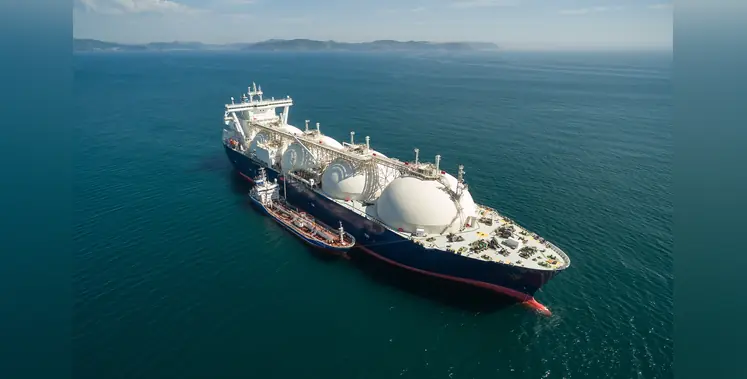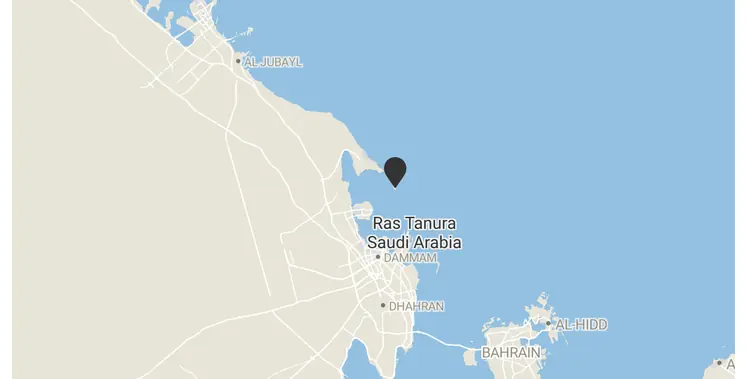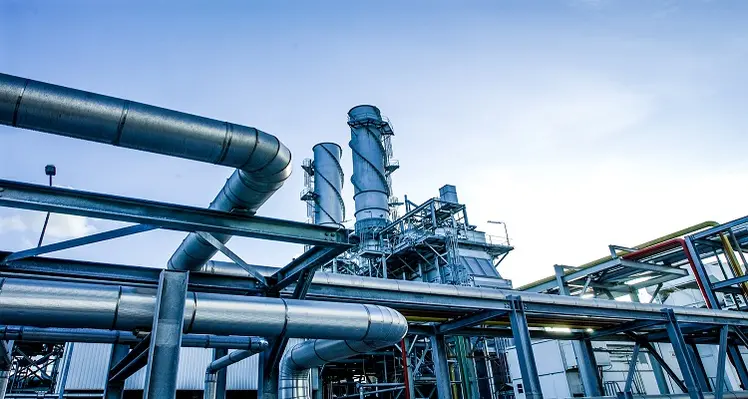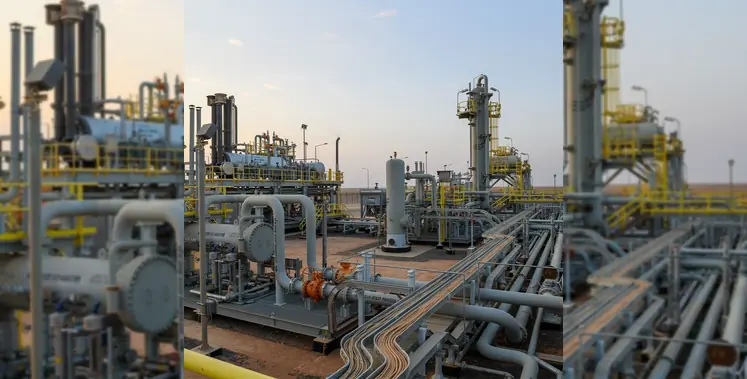
Qatar’s projects will contribute around 40% of the new global LNG supplies over the next decade. (Image source: Adobe Stock)
QatarEnergy has awarded the engineering, procurement, and construction (EPC) contract for the onshore LNG plant of the North Field West (NFW) project to a joint venture consisting of Technip Energies, Consolidated Contractors Company (CCC) and Gulf Asia Contractor (GAC)
The scope of the onshore EPC contract includes two LNG mega-trains with a combined production capacity of 16 MTPA (a replication of the two trains under construction by Technip Energies and CCC for the North Field South (NFS) project) as well as associated facilities for gas treatment, natural gas liquids recovery, and helium extraction. In addition to LNG production, the project is expected to produce around 175,000 barrels of oil equivalent per day of condensate, ethane, and liquefied petroleum gas (LPG).
Together with the North Field East (NFE) and NFS expansion projects, the NFW project will increase Qatar’s total LNG export capacity from 77 MTPA to 142 MTPA. The first LNG cargo from the NFW project is expected to be produced by the end of 2031.
As with the North Field East (NFE) and North Field South (NFS) projects, NFW will capture and sequestrate an additional 1.1 MTPA of CO2 to bring the total to 2.2 MTPA from NFS and NFW combined.
In addition to the CCS facilities, the jetty boil-off gas recovery facilities for NFW will recover an equivalent of 0.42 MTPA of CO2, and a significant portion of the project’s electrical requirements will be sourced from Qatar’s solar plants.
His Excellency Mr. Saad Sherida Al-Kaabi, the Minister of State for Energy Affairs, the president and CEO of QatarEnergy said, “This contract represents an important addition to the world’s largest LNG expansion project and reinforces Qatar’s commitment to meeting the growing global LNG demand.
“The North Field West project follows in the footsteps of the North Field East (32 MTPA) and South (16 MTPA) projects, placing strong emphasis on environmental performance. Key features include a carbon capture and sequestration (CCS) capacity of 1.1 MTPA, which takes us closer towards achieving our target of capturing and sequestering more than 11 MTPA of CO2 by 2035."
Arnaud Pieton, CEO of Technip Energies, commented, “This award reflects not only the continuity of our engagement across the North Field developments, but also a crucial contribution to meeting growing global LNG demand. Building on our leadership in LNG and, together with our long-standing partners CCC and GAC, we are proud to continue delivering world-class LNG facilities that combine scale, efficiency, and significantly reduced carbon intensity.”
The world's largest single non-associated gas field, the North Field, spanning over 6,000 sq. km, represents 20% of the world's total gas reserves.
The recent LNG2026 conference in Qatar highlighted the pivotal role of LNG in the global economy. Speaking at the event, H.E. Saad Sherida Al-Kaabi reinforced Qatar’s leading position in the LNG industry, saying that Qatar’s projects will contribute around 40% of the new global LNG supplies over the next decade. QatarEnergy has invested in its fleet, which is set to reach around 200 vessels in the next few years, making it the largest LNG carrier fleet in the world.
He highlighted the importance of demand in driving the LNG industry, in particular from Asia, as well as the Middle East itself.
Shell forecasts that global demand for LNG will rise by around 60% by 2040, in its Shell LNG Outlook 2025. It expects LNG demand to reach 630-718mn tonnes a year by 2040, largely driven by economic growth in Asia, the need to decarbonise heavy industry and transport and the impact of energy-intense artificial intelligence.














